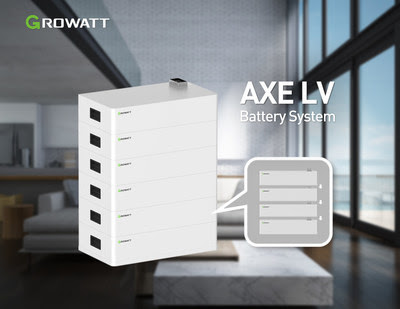- Businesses and smartphone users in emerging markets will experience precise location fix on their apps and devices, even in challenging indoor and outdoor environments
Beijing and Mumbai – HERE Technologies, the leading location data and technology platform, today announced that Transsion, the leading provider of smart devices and mobile services in global emerging markets, has selected HERE Network Positioning to improve its location accuracy capabilities in emerging markets such as Kenya, Nigeria, Ghana, Bangladesh, India, Pakistan, Indonesia and Thailand.
The global number of mobile internet users is expected to reach five billion by 2025, a 25% increase from 2020. This figure represents 60% of the world’s population, with much of the forecasted growth coming from emerging digital markets in Asia Pacific, Sub-Saharan Africa, Middle East and North Africa (MENA), and Latin America[i].
By deploying HERE Network Positioning, Transsion will be able to identify accurate positioning of its devices both indoors and outdoors. This works especially when satellite signals of Global Positioning System (GPS) are not available, such as when the device is located indoor or the GPS signals are blocked by objects. As a result, Transsion will enable its smartphone users to locate devices, people, and objects faster, with higher precision and confidence.
Robin Wang, Assistant President at Transsion said, “As a technology company with a focus on global emerging markets, we’ve long been committed to supporting local communities there. We’ve decided to deploy with HERE because they have presented a stand-out, compelling solution for markets that lack advanced infrastructure such as Africa and India.”
One use case that HERE Network Positioning will benefit is ride-hailing or ride-sharing. In Africa, ride-hailing has become increasingly popular over the years, with the number of users expected to grow 16% from 50.3 million in 2021 to 58.4 million by 2025[ii]. Traditional taxi companies are also pivoting their business model to include services that can be booked via mobile applications, making it more transparent for customers than before.
For these urban mobility services to stand out from its competition, a good user experience is key. HERE Network Positioning enables Transsion to gain an edge over its competitors by providing its users with more accurate calculations of estimated times of arrivals (ETA) and precise pick-up and drop-off locations. End users of Transsion will also benefit from more accurate positionings which may otherwise be affected due to the presence of buildings, trees, tunnels, bridges and atmospheric conditions that can put direct drivers to wrong locations.
“For ride-hailing services, being able to identify the exact location for pick-ups and drop-offs – whether it’s the right side of the street or the right entrance/exists within large venues such as airport or stadiums – makes a huge difference in improving user experience. That’s the difference Transsion is here to provide,” added Wang.
Sammie Xi, Director and Head of Business for Greater China at HERE Technologies said, “Transsion is taking a big step forward in enhancing the quality of data within emerging economies. This is truly meaningful and inspiring. We’ve seen how the pandemic has profoundly impacted our lives, economies, and the global digital landscape. We are immensely proud to support Transsion in providing a more inclusive connected world for consumers. ”
Media contacts
HERE Technologies
Camy Cheng
+65 9088 4127
Camy.cheng@here.com
About HERE Technologies
HERE, the leading location data and technology platform, moves people, businesses and cities forward by harnessing the power of location. By leveraging our open platform, we empower our customers to achieve better outcomes – from helping a city manage its infrastructure or a business optimize its assets to guiding drivers to their destination safely. To learn more about HERE, please visit www.here.com and www.
About Transsion
TRANSSION Holdings is committed to becoming the most popular provider of smart devices and mobile services for consumers in global emerging markets. The company is best known for its high-quality multi-brand smart devices. Mobile phones are its core products, while it also offers mobile Internet services based on a self-developed operating system. To learn more about TRANSSION, please visit www.transsion.com.
[i] The Mobile Economy 2021, GSM Association
[ii] https://www.statista.com/
Attachment


